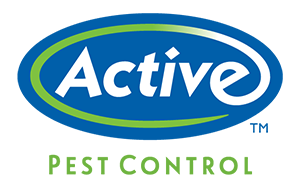Last year, Zika was covered by news agencies across the country, and rightfully so. Zika is a virus that is directly connected to microcephaly and Guillain-Barré syndrome. But, as mosquitoes are the prime vector for this virus, the winter has caused a lull in cases, as well as news coverage. And, many people are asking, “What does 2017 look like?” Are we going to have a repeat of last year? Will it be worse? Will it be better? We have some good news and some bad news.
The Good News
Here in the U.S., we have been mostly spared from the devastating impact of this virus. While Zika continues to be a scourge for Latin America and countries to the south of us, the United States has seen only small outbreaks. Most reported cases have been connected to travelers returning from countries with high infection rates. And, local cases that have been found here in the states, like those documented in Brownsville, Texas, which is near the border of Mexico, have been closely monitored by the CDC and local state health organizations. On top of this, Congress has approved $1.1 billion dollars to combat this dangerous threat and to work toward developing a vaccine. All good news, indeed.
The Bad News
You may have noticed that we had a fairly mild winter. While it was certainly nice to have fewer cold days, that warm winter weather did nothing to reduce mosquito populations and will, almost certainly, lead to a faster developing and more tormenting mosquito season. If itchy bites were the only threat, there would be nothing to worry about. But increased mosquito populations are a fertile soil for the quick spread of an outbreak.
People come into the United States from Latin America, and points south, all the time. If an infected traveler is bitten by an Aedes aegypti or Aedes albopictus mosquito, an outbreak could spread like wildfire in a mosquito-rich environment.
Mosquito abatement services are one of the first-line defenses the U.S. government relies on to protect its citizens from mosquito-borne viruses. When mosquitoes are reduced, it is harder for viruses to find a vector. If we are to keep our states and our communities safe, it is vital that we increase our mosquito reduction efforts to meet the threat of this coming mosquito season. This cannot be accomplished by government agencies alone. It is up to private property owners to take part in mosquito abatement to ensure the coverage necessary. Reach out to us today to learn more, or to schedule mosquito services.

